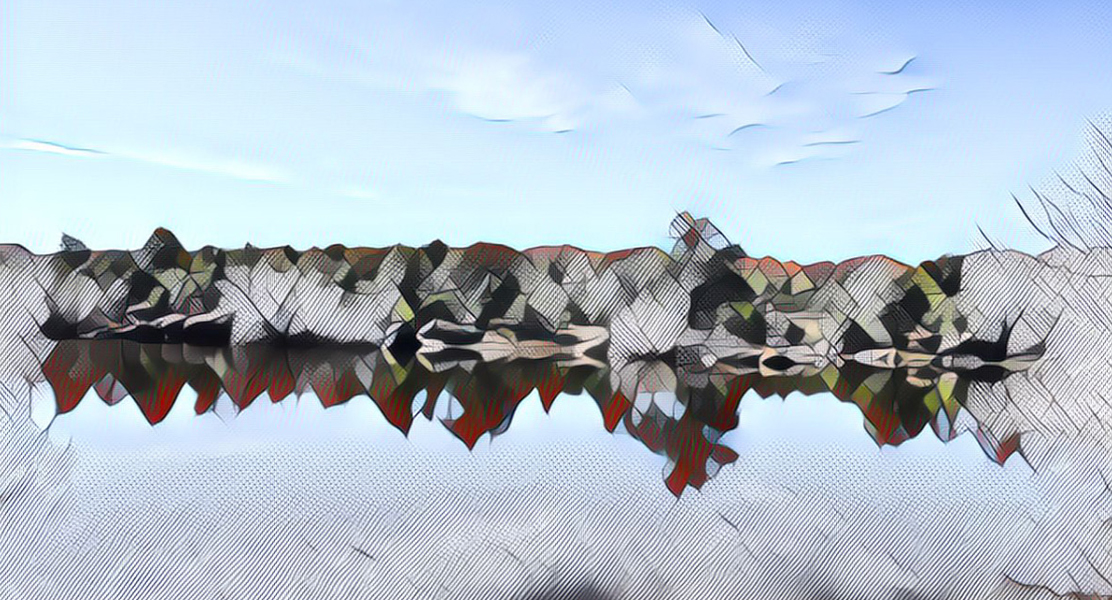Appeals Court rejects Apache’s religious freedom argument, likely leaving fate of Oak Flat in Congress’ hands

The 9th U.S. Circuit Court of Appeals has ruled against a bid by Apache Stronghold, a nonprofit organization, to halt the transfer of federal land held sacred by the Apache to Resolution Copper, a mining company with plans that will permanently destroy the area. The Apache have for many years used the land, called Chí’chil Biłdagoteel (loosely translated in English as “Oak Flat”), for religious rituals and cultural ceremonies.
Apache Stronghold filed suit, arguing among other things that federal religious freedom protections barred the destruction of the land. But a 2-1 panel of the 9th Circuit disagreed, after determining that loss of the use of the ancient sacred ground for religious purposes does not meet the definition of a “substantial burden” on their religious exercise under the Religious Freedom Restoration Act (RFRA).
Here is an excerpt from the majority opinion:
Under RFRA, the government imposes a substantial burden on religion in two—and only two—circumstances: when the government “force[s individuals] to choose between following the tenets of their religion and receiving a governmental benefit” and when the government “coerce[s individuals] to act contrary to their religious beliefs by the threat of civil or criminal sanctions.” Here, the government will do neither by transferring Oak Flat to Resolution Copper. . . . The Land Exchange’s “incidental effects” on the religious exercise of Apache Stronghold’s members, as significant as they may be to the Apache, “may make it more difficult [for them] to practice [their religion] but [will] have no tendency to coerce [the Apache] into acting contrary to their religious beliefs.” Hence, under RFRA the Land Exchange imposes no substantial burden and RFRA thus does not limit the government’s ability to complete the Land Exchange.
This is true even if the Land Exchange makes worship on Oak Flat “impossible.” The government makes exercises of religion more difficult all the time. Doing so is not inherently coercive.
Importantly, the court’s ruling is not the last word on this matter. Not only are there two other active lawsuits on this issue, but this case is likely to continue. And, it’s important to note that the conveyance to Resolution Copper was directed by Congress in a provision included in the 2015 National Defense Authorization Act. Congress can fix this problem.
There is currently a bipartisan bill before Congress, the Save Oak Flat Act (H.R. 1884/S. 915), that would reverse that action and protect this sacred land permanently. BJC is leading the religious and religious freedom advocacy efforts to support the bipartisan legislation. You can join BJC’s efforts by signing this letter to Congress asking them to save this sacred land. (BJC plans to deliver the letter to Congress in October). BJC also built a coalition of who are urging the passage of the Act.
Check out BJC’s Save Oak Flat resource page for more ways to make a difference in support of the Apache as well as the Yavapai, Hopi, Zuni, and many other Tribes in the Southwest. Call your representatives in Congress and ask your friends and family to do the same!
For more background, read San Carlos Apache Tribe Chairman Terry Rambler’s essay “Save Our Church from Destruction,” and listen to a recent episode of BJC’s Respecting Religion podcast devoted to this topic.




